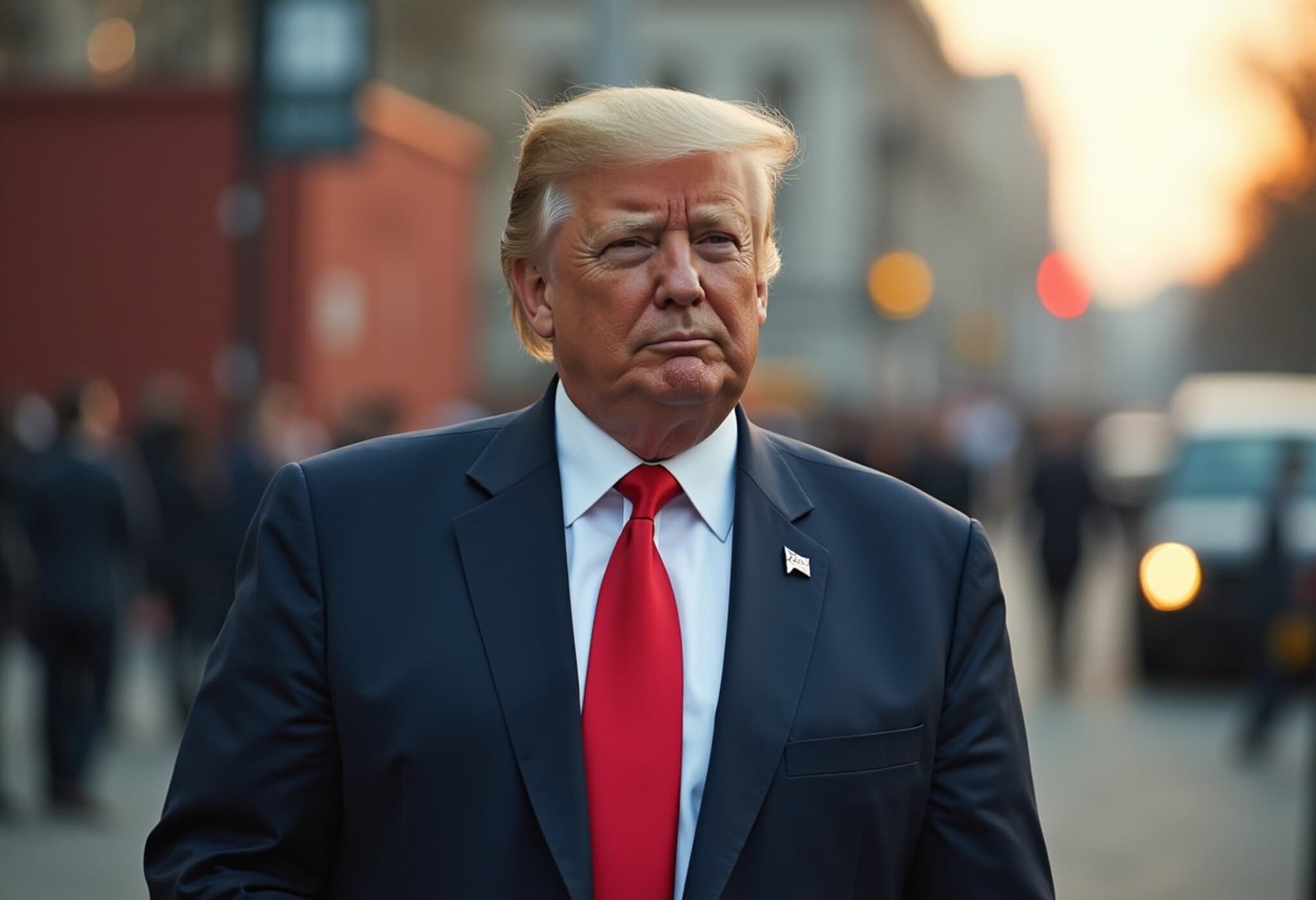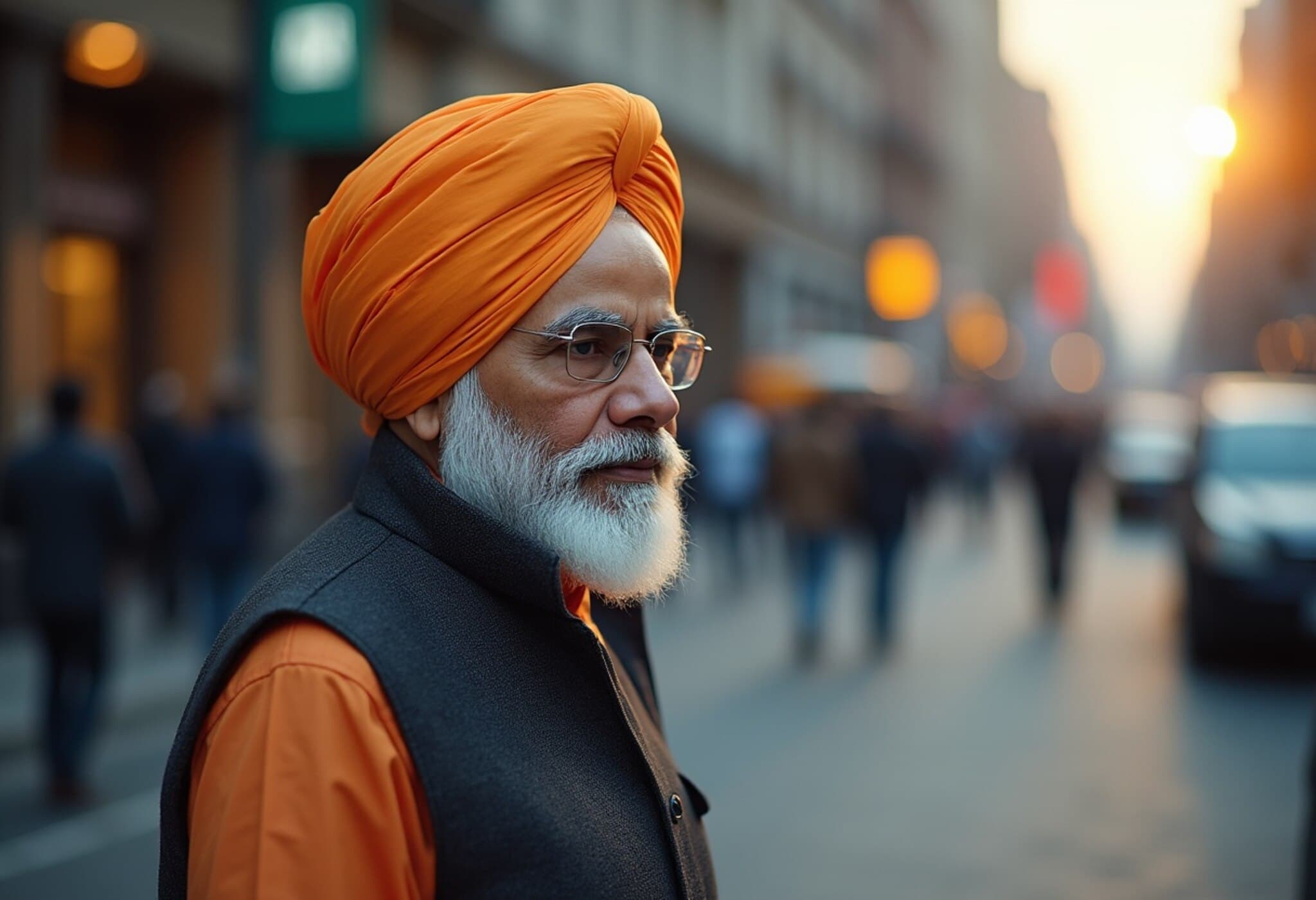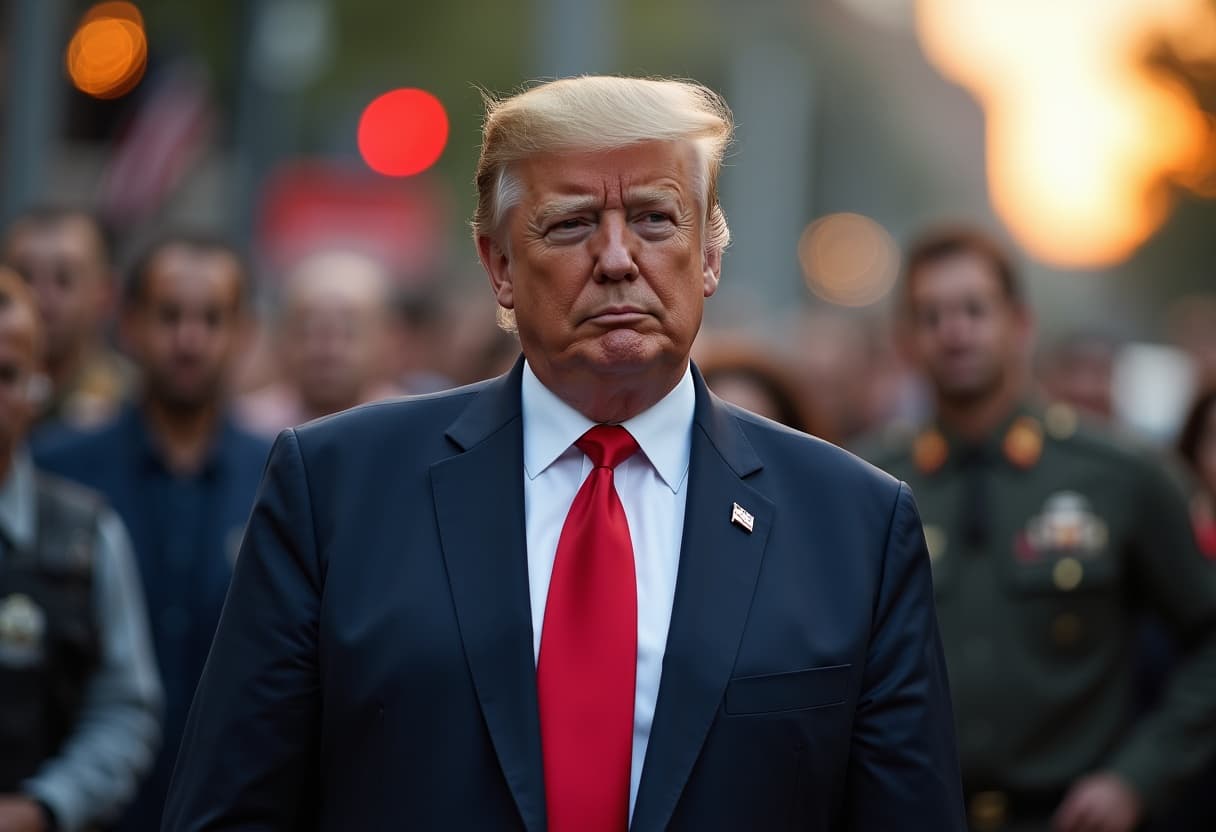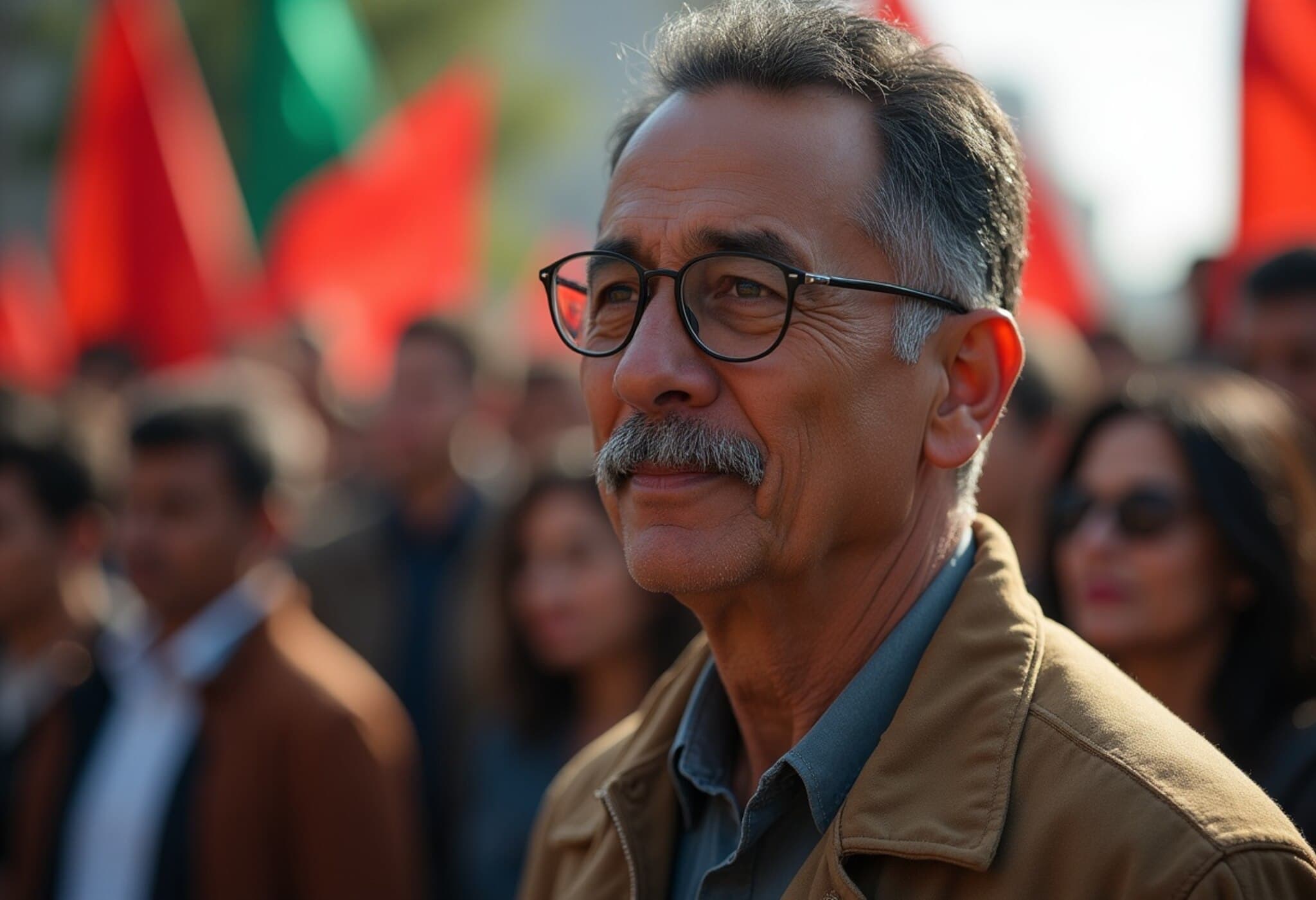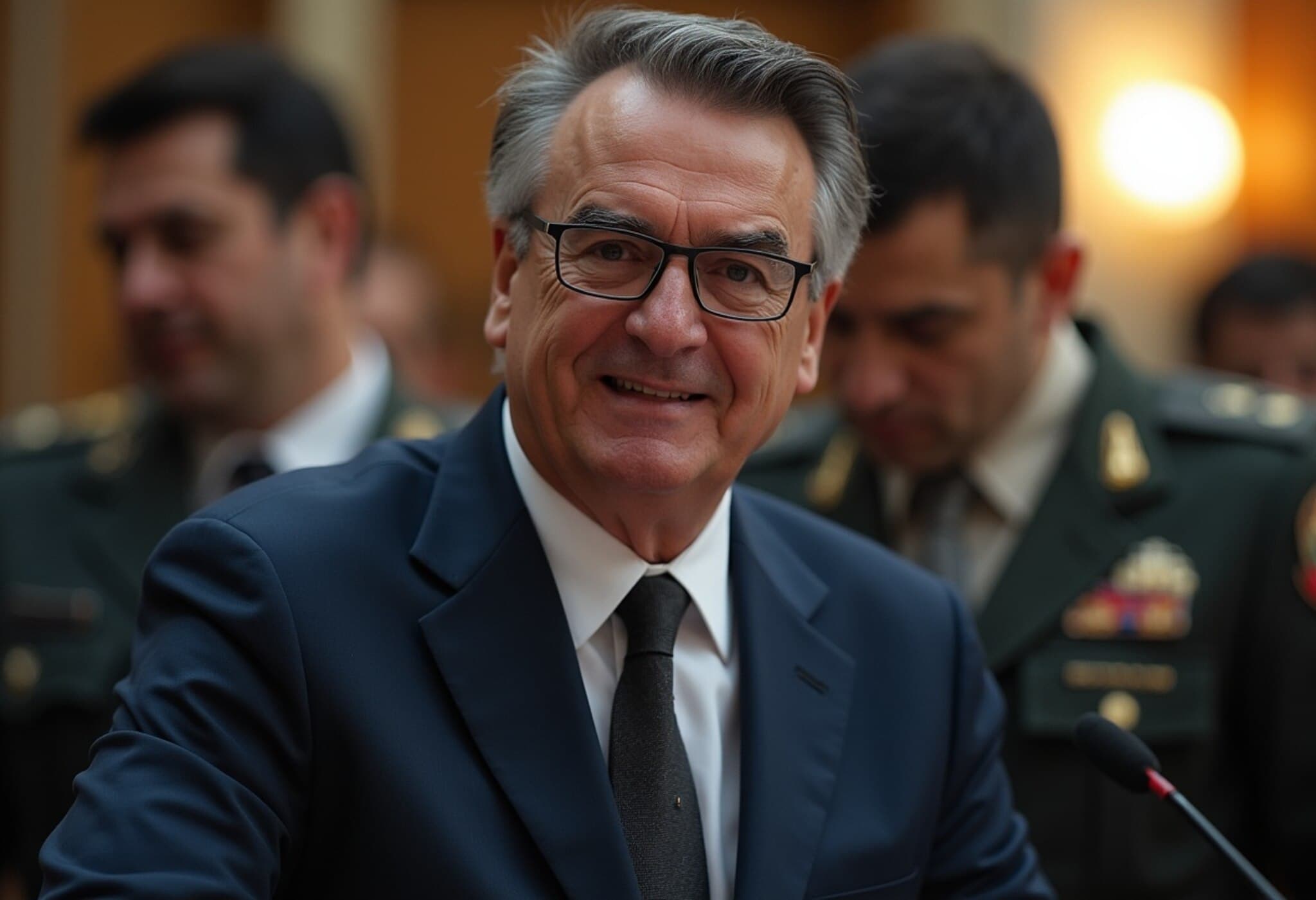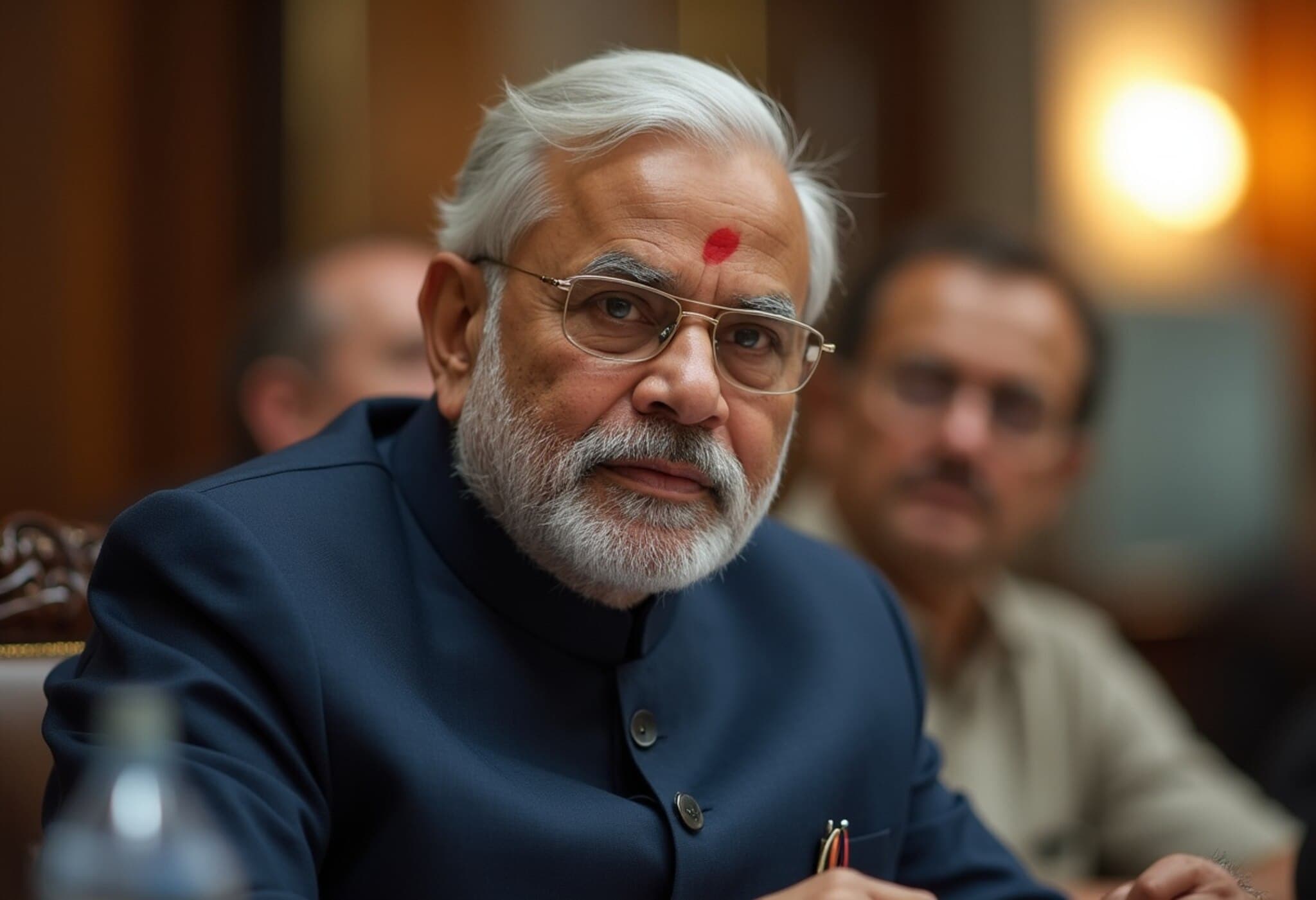Brazil Navigates US Tariffs with Pragmatism and Caution
As new US tariffs come into effect this week, Brazil is opting to shield its key industries through domestic relief rather than immediate retaliation against Washington. Sources within the Brazilian government reveal that policymakers have consciously set aside plans for reciprocal tariffs, instead focusing on aiding sectors most vulnerable to the sweeping levies imposed by the United States.
Strategic Restraint in the Face of Rising Trade Tensions
The tariffs sparked concerns among investors and business leaders across Latin America’s largest economy, but recent exemptions granted under US President's executive order have alleviated pressure on some critical sectors such as aviation, energy, and mining. This diplomatic breathing room has pushed Brasilia towards a more cautious approach—aiming to avoid a tit-for-tat escalation that could further destabilize international trade relations.
Government insiders, speaking under condition of anonymity due to the sensitivity of ongoing discussions, indicate that official negotiations with Washington are expected to be slow and complex. In the meantime, immediate priority is given to implementing public credit lines and enhancing export financing mechanisms to help Brazilian exporters weather the tariff impact.
Exploring Potential Countermeasures While Keeping Dialogue Open
Behind closed doors, the government is also examining possible retaliatory measures targeting US interests, but these remain a last resort. Proposed options under review reportedly include suspending royalty payments related to pharmaceutical patents and media copyrights—moves that would directly affect major US corporations operating in Brazil.
Last year, Brazil had alluded to introducing a new tax on large US tech firms but deliberately paused the plan to avoid antagonizing then-President Trump ahead of his tariff announcement in April 2025.
Political Context and the Role of Reciprocity Laws
Brazil’s tariff on US goods had traditionally been low—about 10%—reflecting the longstanding US trade surplus with Brazil. However, tensions escalated when Trump linked a substantial 50% tariff hike this July to what he described as a political “witch hunt” against former Brazilian President Jair Bolsonaro. Bolsonaro, a right-wing ally of Trump, is currently on trial over allegations of plotting a coup to overturn Brazil’s 2022 election results.
Meanwhile, President Luiz Inacio Lula da Silva initially indicated he would invoke Brazil’s Economic Reciprocity Law, which authorizes countermeasures against discriminatory trade practices, raising speculation about retaliatory tariffs. However, Lula has since stepped back from direct retaliation, focusing instead on defending Brazil’s judicial independence and emphasizing that negotiations with the US should remain strictly about trade.
Diplomacy and WTO Complaints: Brazil’s Multifaceted Response
The recent exemptions granted to Brazil’s critical sectors validated the government’s preference for diplomatic engagement and targeted lobbying of US companies to mitigate tariff impacts. Additionally, Brazil is preparing to file a formal complaint with the World Trade Organization (WTO), underscoring its commitment to using multilateral channels despite the WTO’s current dysfunction under the strain of previous US administration actions.
As one Brazilian official candidly noted, "You still need to go through the available channels," even if the prospects for a speedy WTO resolution remain slim.
Financial Support to Cushion Economic Blow
More pragmatically, Brazil is fine-tuning a relief package aimed at sectors most damaged by the tariffs’ immediate fallout. Measures under consideration include:
- Expanding credit lines for export businesses
- Adjusting export credit insurance policies
- Enhancing export financing tools
Finance Minister Fernando Haddad emphasized this week that Brazil's actions are not acts of retaliation but rather efforts to protect national sovereignty and bolster critical sectors like industry and agribusiness. "The word retaliation was not present in the president’s speech, nor in any minister’s," Haddad clarified.
Expert Perspectives and Broader Implications
Trade experts note that Brazil's restraint reflects a sophisticated understanding of the geopolitical trade environment—particularly the risks of escalating tensions with the US, Brazil’s largest trading partner and a key source of foreign investment. By prioritizing relief and measured negotiation, Brazil aims to sustain its export growth without sacrificing long-term economic stability.
From a policy perspective, Brazil’s approach highlights the challenge emerging economies face in balancing assertive national interests with global integration. Brazil’s decision not to inflame conflict but seek remedial support and rely on international dispute mechanisms offers a case study in pragmatic economic diplomacy.
Looking Ahead: Navigating Uncertainty in US-Brazil Trade Relations
As the US-Brazil trade relationship evolves amid broader US-China tensions and shifting geopolitical alliances, Brazil’s strategy signals a nuanced balance between defending economic interests and maintaining constructive dialogue. The unfolding situation invites critical questions:
- Will Brazil’s relief-focused approach preserve investor confidence amid tariff uncertainties?
- Can diplomatic engagement and WTO actions deliver meaningful resolutions despite institutional gridlocks?
- How might Brazil’s measured response influence other Latin American economies confronting similar trade pressures?
Editor’s Note
Brazil’s decision to prioritize immediate economic relief over retaliatory tariffs reveals a sophisticated and cautious diplomatic stance amidst rising trade frictions with the United States. This strategy underscores a broader theme in international trade policy: the delicate dance between defending sovereign economic interests and embracing multilateral dialogue. As Brazil navigates these complexities, its approach offers valuable insights into how emerging markets can effectively manage external shocks without escalating geopolitical tensions.



